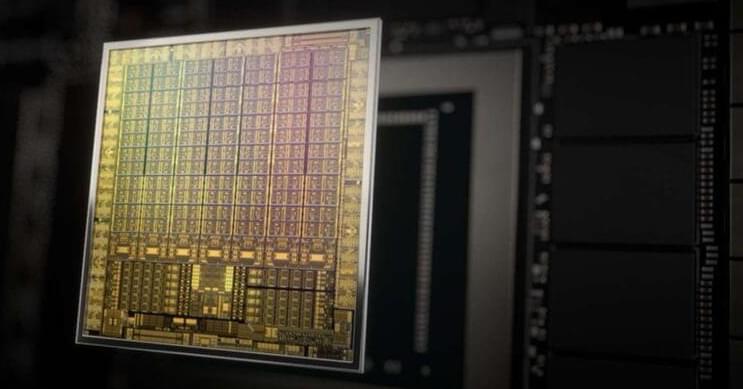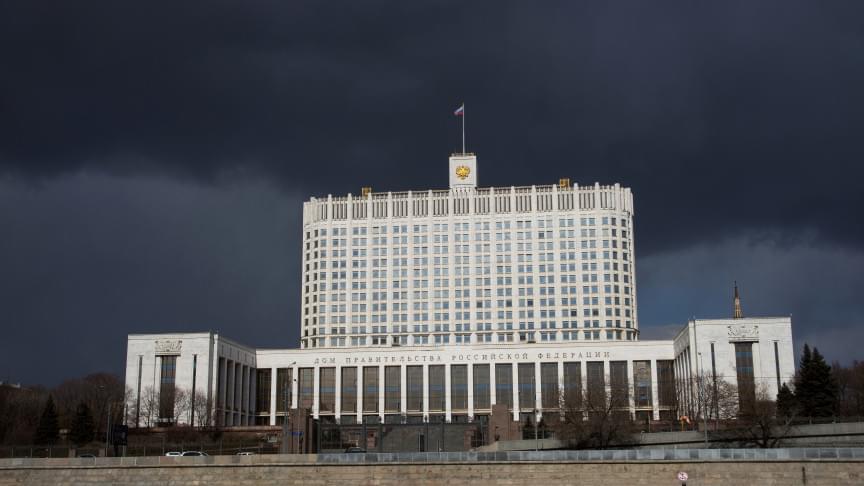Amid ongoing hostilities with advancing Russian forces, Ukraine has been increasingly relying on cryptocurrency donations to solve humanitarian problems and finance its defense efforts. Crypto helps the country to receive and quickly distribute money and operate internationally, a high-ranking government official has indicated.
Ukraine Accepts, Spends Millions in Crypto, Deputy Minister Reveals
Since the Russian military assault started, Ukraine has been actively seeking financial support in the form of crypto donations. “It’s a very rapid way to get a payment — in times like that you can’t just wait for days to get money and then you have to distribute them,” the country’s Deputy Minister of Digital Transformation Oleksandr Bornyakov said in an interview.







